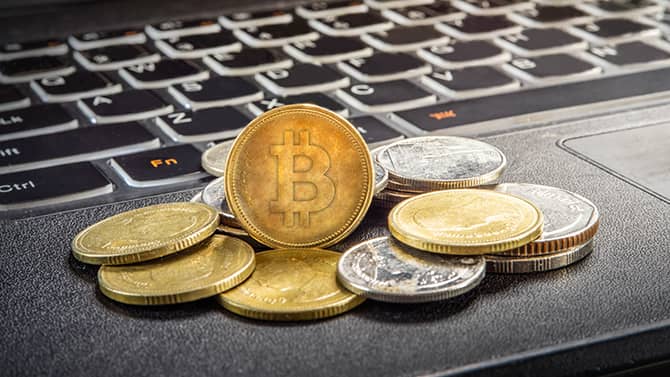The world of cryptocurrency and digital currencies is a vast, complex one. Not only is it always changing, but there are several acronyms and terms that you need to know. With the influx of new investors and traders in this market, it’s become even more difficult to keep track of the differences between these three financial instruments: NFTs (non-fungible tokens), cryptocurrencies, and digital currencies. Here’s a breakdown of what they all mean and how they differ from each other.
The Differences Between NFTs and Cryptocurrencies
Non-fungible tokens (NFTs) are different from cryptocurrencies because they are not their monetary system. Non-fungible tokens live on the Ethereum platform and represent any unique asset, like a physical object or digital artwork. Unlike cryptocurrencies, NFTs are not tradable for other currencies on cryptocurrency exchanges. But the cryptocurrency and NFT market is huge.
Cryptocurrencies are digital or virtual currencies that do not exist in the physical world but are traded electronically. They are usually created to replace an existing currency by either changing its quantity or redefining its value.
The Differences Between NFTs and Digital Currencies
NFTs and digital currencies are similar in that they both offer a form of money that you can trade and use to purchase goods and services. However, there’s one key difference between NFTs and digital currencies: The fungibility of their tokens.
The Differences Between Cryptocurrencies and Digital Currencies
Cryptocurrencies are digital currencies that are created using cryptography. Cryptocurrencies are secured by math, not by people or things. The first cryptocurrency was Bitcoin, which was released in 2009.
Crypto-assets are tokens that may have special rights or privileges, like limited-edition sneakers. The difference between crypto-assets and cryptocurrencies is that crypto-assets can be anything from a physical object to a virtual one, whereas cryptocurrencies exist only as strings of code.
Digital currencies serve as a form of electronic cash. They can be used to purchase goods and services over the internet without using a third-party intermediary such as a bank or credit card company. Some examples would be PayPal or Venmo. They’re also called “virtual” money because they don’t have physical forms like coins and paper money.
How to Pick the Right Financial Instrument for You.
Not all financial instruments are the same, so it’s important to pick one that’s right for you. There are three different types of financial instruments: traditional currencies (e.g., British pound, U.S. dollar), cryptocurrencies (e.g., Bitcoin), and digital currencies (e.g., CyberMiles).
NFTs are most similar to traditional currencies in that they represent ownership of something physical or intangible with a value derived from its scarcity and demand (think stocks, gold bars). But unlike traditional currencies, NFTs come in many varieties because the game creators can create any number of them based on their own rules.
Cryptocurrencies function similarly to traditional currencies but are not issued by central banks; instead, they are generated through mining, which uses computer technology to solve complex mathematical problems and verify transactions on a blockchain network. Cryptocurrencies could be seen as a substitute for standard currency or a way to trade assets without going through a middleman like a bank or broker-dealer.
Digital currencies differ from NFTs and cryptocurrencies because they don’t represent ownership of anything tangible. Instead, they provide an online system used to pay bills, buy goods, and transfer.
Conclusion
Suppose you’re looking to enter the world of cryptocurrency or find a way to invest your money safely. In that case, you’re probably wondering what the difference is between the three most popular options on the market.
NFTs, cryptocurrencies, and digital currencies are all different ways of holding and exchanging value.
Now that you know the differences between NFTs, cryptocurrencies, and digital currencies, it’s time to decide which one is the best option for your business. With the massive growth in virtual currency, choosing the perfect financial instrument for your business needs is important.
Follow Technoroll for more!






